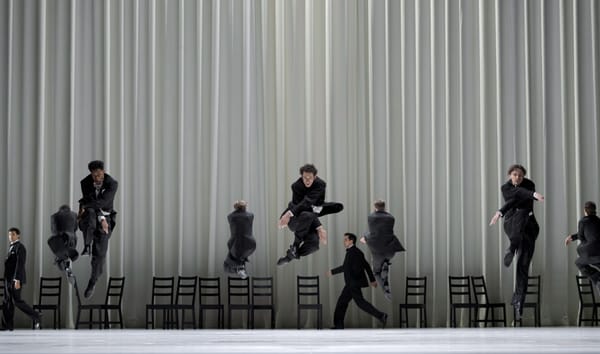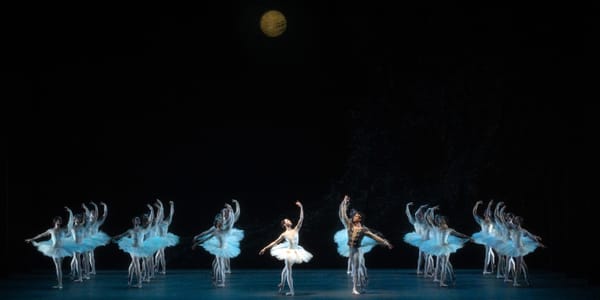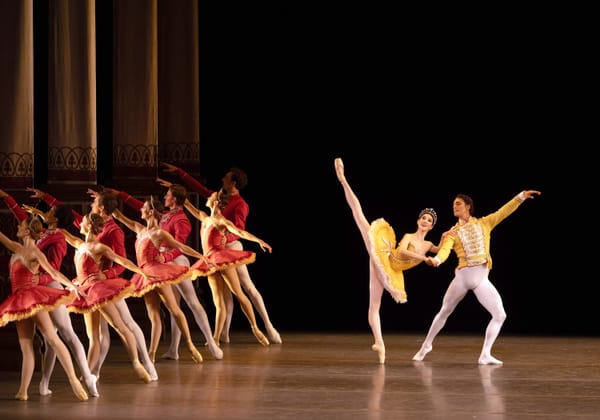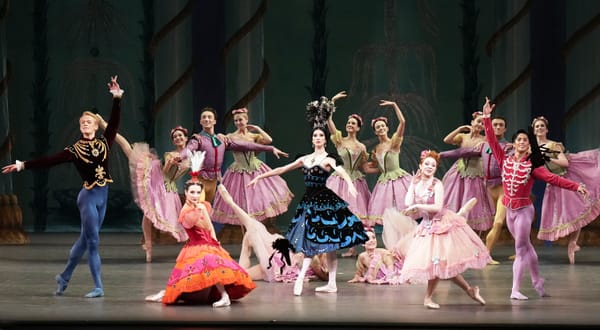Story Time
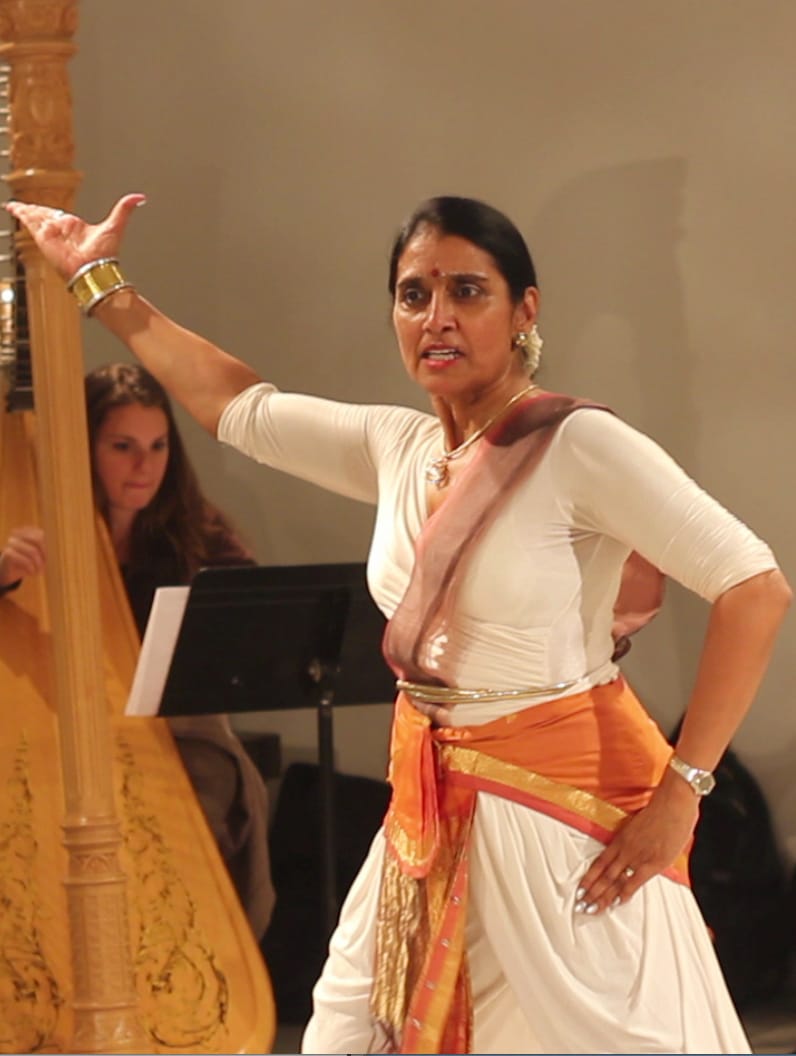
"The Arrogant King", "The Perfect King", "The Story of the Stories", "The Ascetic Prince", "The Trojan King"
Rajika Puri in Sutradhari Natyam
Ailey Citigroup Theater
New York, NY
October 6, 2013
In the question and answer session after the performance, Rajika Puri explained that she is trying to be a bridge, to show her Western audience the meaning behind the stories her dances tell. She sings her own lyrics, often in English, a convention, she said, not used in traditional performances, where the audience has grown up with the stories. As a Westerner, this makes the performances richer for me, though there is a nagging feeling that I will always watch from the outside, that the stories will inevitably be just stories, and not part of my culture. However, art can be enjoyed on many levels, and the generosity, love, and beauty of the performance made the evening a joyful one.
The evening opened with Puri, accompanied by the drummer Mark Katsaounis and the singer Taniya Panda, dancing the story of Narasimha, half-man and half-lion, one of the avatars of Vishnu. The stylized retelling and the accompanying gestures had a timeless and fascinating beauty, as her hands became a lotus, an elephant, claws, in the blink of an eye. The detailed simplicity of the movement and the varied expressions were storytelling at its timeless, straightforward best.
The second piece was a retelling of the adventures of King Rama, as he looked back on his life. There is sacrifice, courage, love, and lots of fighting, all expressed in clear and gently moving gestures, as Puri made the story come alive. "The Story of the Stories" is an autobiographical essay, an exploration of her artistic development, with danced examples; her generosity and belief in the power of storytelling to move and inspire was profound. "The Ascetic Prince" was a film of Puri, accompanied by two dancers, telling the story of the river Ganga. The counterpoint of the two dancers, echoing and amplifying Puri's movements, gave the evening variety (and the film was probably a welcome break for Puri).
She returned live and solo in "The Trojan King", a retelling of the "Illiad", an excerpt of a planned full-length work. This is obviously not a traditional Indian story, but the flawed humanity of the Greek gods is certainly similar to the sensual, richly human Indian stories of her earlier dances. The basic emotions of Homer's, anger, jealousy, grief, and love were clearly and concisely expressed through her vibrant hands and eyes. I missed some of the innate rhythm of the Indian dances in her movement, as the accompanying music seemed a little dry, but King Priam's grief and despair at Hector's death was shattering. The elemental emotions of Homer's poem can be expressed in so many forms, and Puri's version was no multi-culti gimmick; the power of simplicity is never a trick.
copyright © 2013 by Mary Cargill
